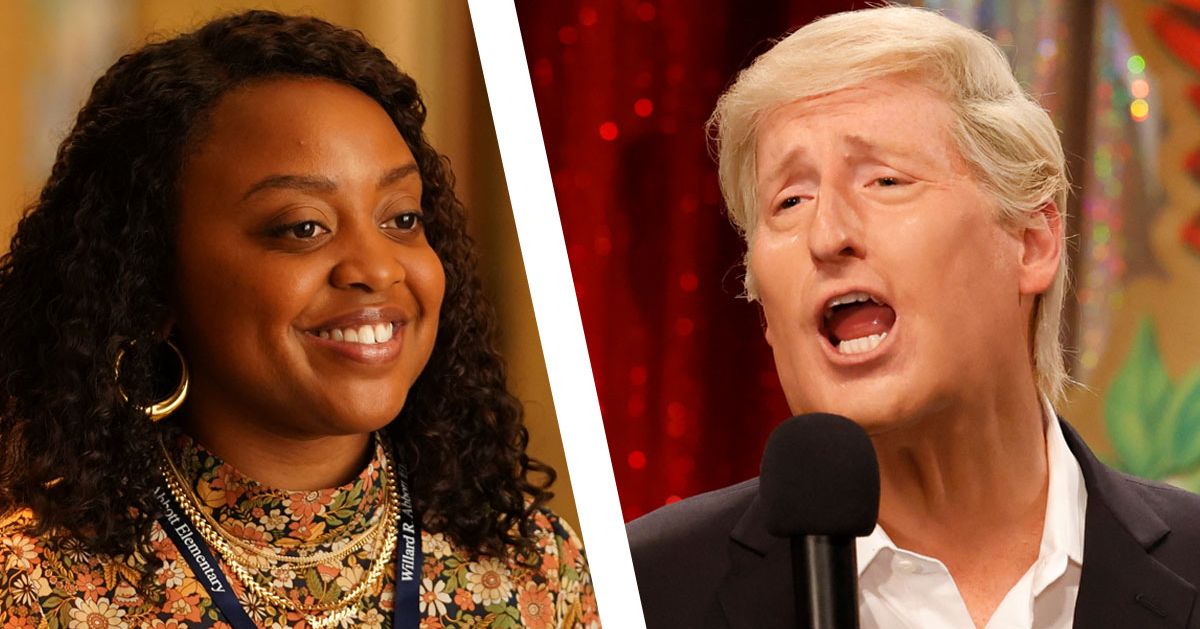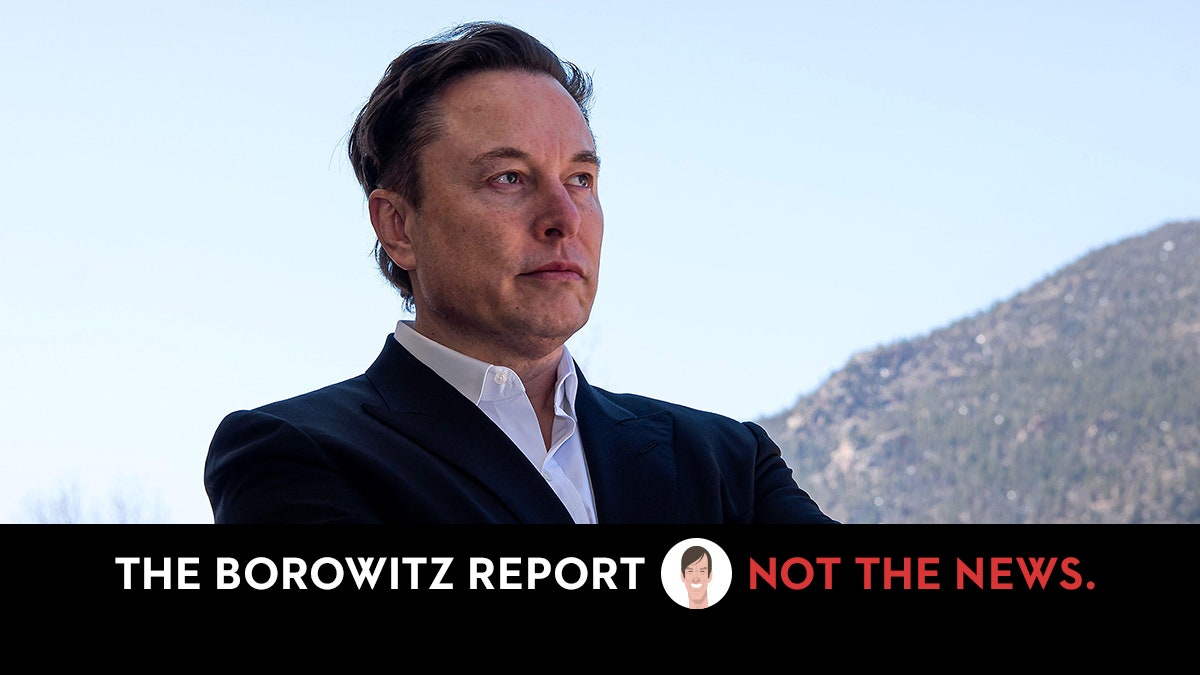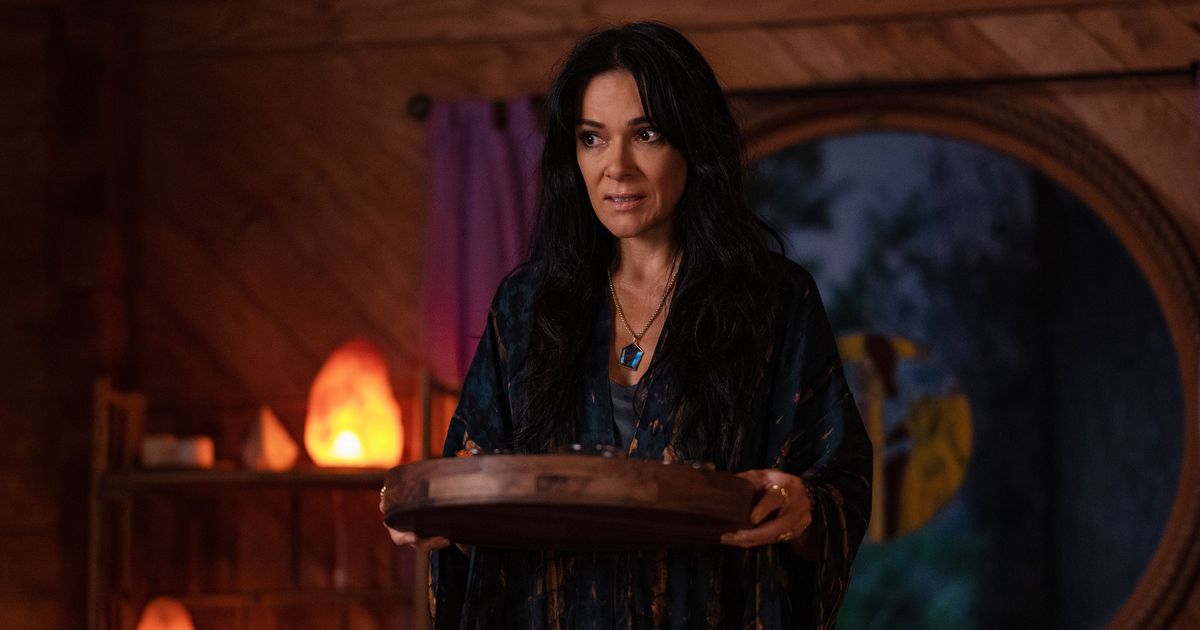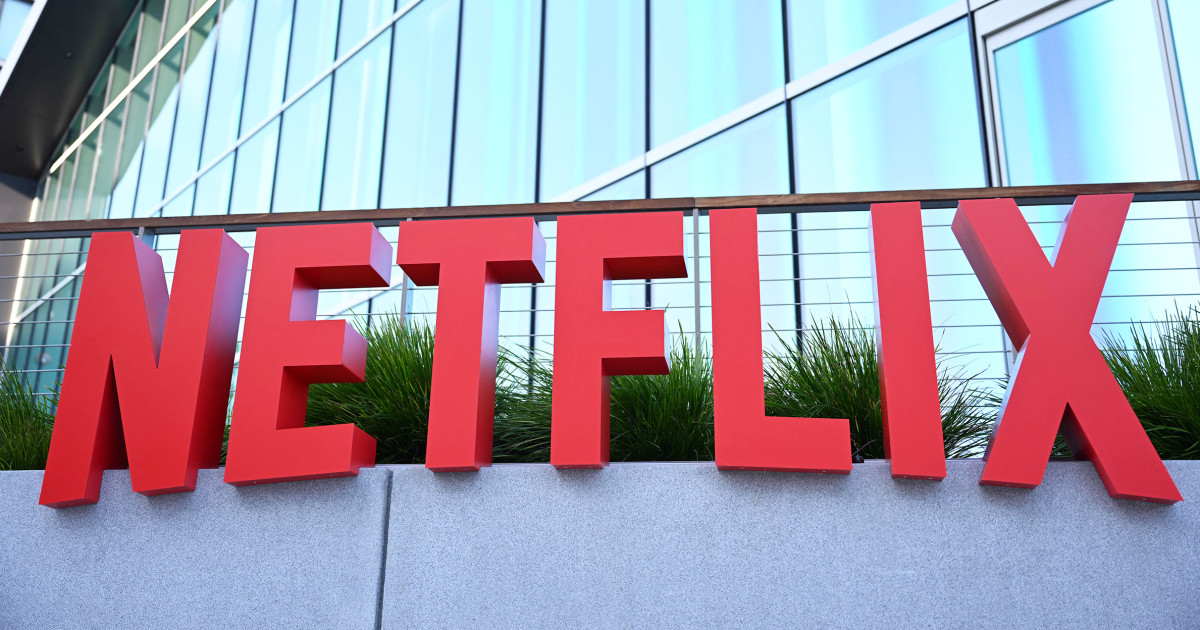What Happens to TV If There’s a 2023 WGA Writers Strike

Abbott Elementary and SNL.
Photo-Illustration: Vulture. Photos: ABC; NBC
In the past few years, we’ve had a lot of bad things happen — not sure if you’ve noticed. But one thing that has remained consistent is a steady stream of TV shows providing solace. Well, guess what? That might be gone soon, too. The Writers Guild of America announced that they did not come to an agreement with the Alliance of Motion Picture and Television Producers on a new contract on May 1 that provides tenable working conditions for its members. The WGA has called for a general strike that would include TV and film writers across the United States. It would be the first WGA strike since the one in 2007, which lasted 100 days. But while we can look back to that strike for some indication of what this could look like, the times they are a-changin’, and things look a little different these days. As such, we thought it would be helpful to run down all the different changes you may see in various forms of TV broadcasting, because you might need to change your habits from a binge model to a slow drip.
Late night will be the first genre to go bye-bye. Because these shows are written on an extremely tight schedule in order to stay topical, they can’t have any episodes banked for future use. That means no more Jimmy Fallon guffawing, no more erudite Seth Meyers, and no more Saturday Night Live. If you’re craving late night, maybe go over to the Bri’ish model and check out interviews with Graham Norton or game-playing — like the kind on Taskmaster — because the strike is based in America.
Network TV is the next to go. The strike would strike while most major-network TV shows (Abbott Elementary, the Chicago procedurals, Ghost, etc.) are wrapped for the summer. However, if the strike extends for as long as the 2007–8 run did, that would eat into the prep time for these shows before they return in the fall. The last writers strike portended an increased focus on reality TV, so maybe now we’ll get a version of The Apprentice with Elon Musk at the helm and he won’t have time to spend ruining Twitter. (Animated shows are also not included in the WGA.)
Well, this is the big question mark. Streamers such as HBO Max, Amazon Prime, Hulu, and Netflix tend to bank a lot more shows than network TV does, so it would take longer for them to feel the real affects. “If there is [a strike], we have a large base of upcoming shows and films from around the world,” Netflix CEO Ted Sarandos said at a recent earnings call, according to The Hollywood Reporter. “We could probably serve our members better than most.” So while it’s certainly not ideal for them, the streamers may have the ability to weather the storm for a while. Still, they’ll probably need to be a bit more judicious about the pace at which they put out new content because that backlog will eventually run dry. Will Netflix even start putting its big shows out on a weekly basis to make its projects last longer? Shrug. Who knows? It might just instead pivot to mainly promoting international shows, which American audiences have shown an appetite for given the overwhelming success of Squid Game. Streamers have already changed how we watch TV, so how they approach a strike will be a taste of just how much they rely on American staff writers.










